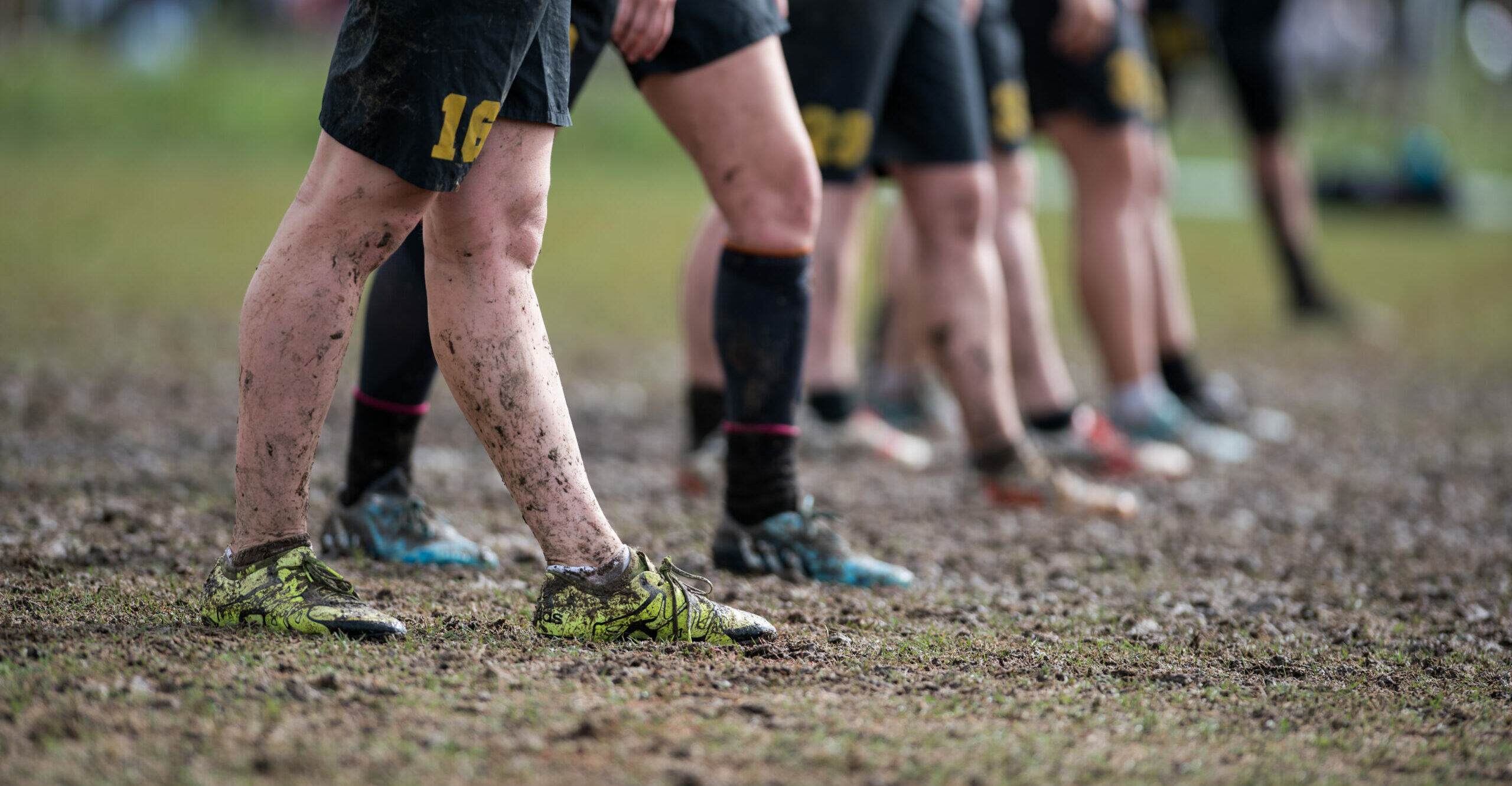

Our Top Priority
The overall health, safety and well-being of the ultimate community stands alone as our top priority and our commitment to protecting our members – including athletes, coaches and volunteers – is unwavering. This page details many of USA Ultimate’s policies, procedures and resources designed to safeguard the physical, mental and emotional health of our community.
Athlete Protection
USA Ultimate is committed to fostering a safe environment for all of its members and has aligned itself with the U.S. Center for SafeSport. The Center is an independent, 501(c)3 nonprofit organization focused on ending all forms of abuse in sport. Under federal law, the Center develops resources and policies to safeguard athletes from bullying, harassment, hazing, physical abuse, emotional abuse, sexual abuse and sexual misconduct. The Center is a trusted educational resource for sports entities at all levels from grassroots amateur sports organizations to professional leagues.
What We’re Doing

Implementing policies and procedures and providing resources designed to protect our members – particularly youth athletes – from harassment, abuse and misconduct.
- Requiring SafeSport training for all coaches, chaperones and sanctioned event tournament directors at no cost.
- Offering free SafeSport training for all USA Ultimate members.
- Requiring NCSI background checks for all coaches and chaperones.
- Requiring chaperones for any team, regardless of division, that has a youth athlete (under the age of 18) on its roster.
- Sharing resources and information for athletes, coaches and parents.
- Publicizing member suspensions and bans.
Recognizing Prohibited Conduct & Behaviors
In accordance with the U.S. Center for SafeSport Code and USA Ultimate’s Code of Conduct, all USA Ultimate members, including but not limited to employees, athletes, coaches, volunteers and chaperones, are prohibited from engaging in the following conduct at any time.
Bullying
Bullying is repeated or severe behavior that is aggressive, directed at a minor, and intended to hurt, control or diminish the minor emotionally, physically or sexually.
Hazing
Hazing is conduct that subjects another person, whether physically, mentally, emotionally or psychologically, to anything that may endanger, abuse, humiliate, degrade or intimidate the person as a condition or joining or being socially accepted by a group, team or organization.
Harassment
Harassment is repeated or severe conduct that causes fear, humiliation or annoyance; offends or degrades; creates a hostile environment; reflects discriminatory bias in an attempt to establish dominance, superiority or power over an individual or group based on age, race, ethnicity, culture, religion, national origin or mental or physical disability; or any act or conduct described as harassment under state or federal law.
Emotional Misconduct
Emotional misconduct involves a pattern of deliberate, non-contact behavior that has the potential to cause emotional or psychological harm to a participant. These behaviors may include verbal acts, physical acts, acts that deny attention or support, criminal conduct or stalking. Emotional misconduct is determined by the objective behaviors, not whether harm is intended or results from the behavior.
Physical Misconduct
Physical misconduct is any intentional contact or noncontact behavior that causes, or reasonably threatens to cause, physical harm to another person.
Sexual Misconduct
Sexual Misconduct offenses include, but are not limited to: Sexual or gender-related harassment; Non-consensual sexual contact (or attempts to commit the same); Non-consensual sexual intercourse (or attempts to commit the same); Sexual exploitation or bullying, hazing or other inappropriate conduct of a sexual nature. Sexual misconduct of a minor occurs when any physical contact occurs for the purpose of causing sexual arousal or gratification of either the minor or the adult.
Sexual Harassment
Sexual harassment is any unwelcome sexual advance, request for sexual favors, or other unwanted conduct of a sexual nature, whether verbal, non-verbal, graphic, physical, or otherwise. Sexual harassment includes harassment related to gender, sexual orientation, gender identity, or gender expression, which may include acts of aggression, intimidation, or hostility, whether verbal or non-verbal, graphic, physical, or otherwise.
Intimate Relationships
A participant violates this code by engaging in an intimate, romantic or sexual relationship where a power imbalance exists. This includes relationships, regardless of age, between individuals with a position of power or supervisory role over athletes (excluding pre-existing relationships between spouses and life partners).

Report a Concern
9-1-1
Contact 9-1-1 immediately if you are facing a life-threatening emergency.
Report to USA Ultimate
All prohibited conduct, including SafeSport Code and USA Ultimate Code of Conduct violations, can be reported directly to USA Ultimate by calling 719-219-8339 or emailing ReportConcerns@usaultimate.org.
Mandatory Reporting
By federal law, any SafeSport trained member of USA Ultimate, including all staff, coaches, chaperones and tournament directors, are considered mandatory reporters and must report suspected sexual, physical or mental abuse of a minor to law enforcement.
Background Checks
USA Ultimate requires criminal background checks for all coaches and chaperones. Screenings are conducted by the National Center for Safety Initiatives (NSCI). The NSCI is widely considered to be the leader in the youth sports safety movement and is the industry standard trusted by national governing bodies of amateur sport and the National Council of Youth Sports.
Athlete Safety
USA Ultimate works closely with its medical advisory working group – a team of licensed medical professionals with a broad range of expertise – to develop policies and implement best practices designed to protect the physical health and safety of our members and the greater ultimate community.
What We’re Doing

Providing training and resource materials and implementing policies, procedures and protocols for different members of the community.
- Requiring coaches to complete a concussion awareness and safety program.
- Requiring event organizers and tournament directors to follow health, safety and liability requirements addressing:
-
- Emergency medical plans and protocols.
- Medical and training staff and space.
- Weather-related issues, including lightning and extreme heat, cold and wind.
- Hydration.
- Alcohol consumption.
- Concussion safety and awareness.
- Sideline safety and field-of-play quality.
- SafeSport training.
- Educating athletes about injury prevention and treatment and other health and safety issues.


